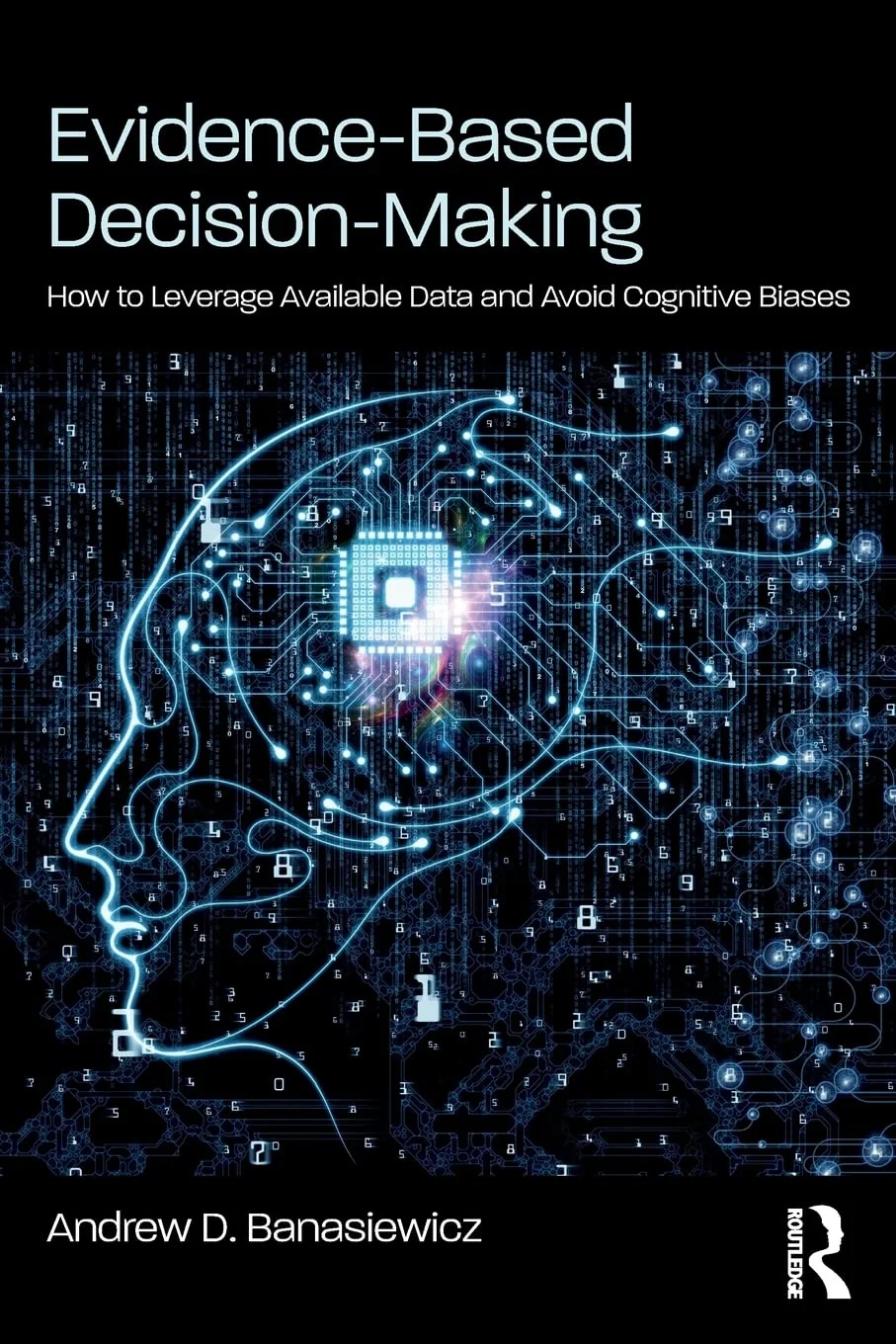A Primer on Data Analytics for Lawyers
Plus a Statistics Review
The goal of this course is to help lawyers learn and develop basic data usage proficiency.
Objectives
- Acquiring a general understanding for the different types of data
- Understanding data review and utilization
- Learning basic statistical concepts necessary to extract insights out of data
- Harnessing the power of data for storytelling
- Knowing when and how to use evidence-driven decision-making
Sessions
This course is CLE Approved. Learn more.
- Part 1-A: Statistics Primer: Basic Computational Applications
- Part 1-B: Statistics Primer: Pivotal Estimation & Inference Notions
- Part 1-C: Statistical Primer: Odd, Probability & Statistical Learning
- Part 2: Making the Transition
- Part 3: Business Decision-Making in the Age of Data
- Part 4: Why Data? Evidence-Based Decision-Making
- Part 5: Data Analytic Literacy
- Part 6: Getting to Know Data
- Part 7: Basic Data Analytic Know-How
- Part 8: Storytelling with Data
Course Instructor

Andrew Banasiewicz, Ph.D.
Andrew Banasiewicz is currently a Professor of Business Analytics at Cambridge College and the founder of Erudite Analytics, a consulting practice specializing in risk research. He is a former senior-level business analytics and data science industry professional with over two decades of applied industry experience; his primary area of expertise is the development of custom, data-intensive analytic decision support systems.
Since becoming a full-time academician, researcher and consultant, Andrew has been a frequent speaker at conferences around the world, speaking on data analytic innovation, evidence-based decision-making, and data-driven learning. He is the author of six other books, including Evidence-Based Decision-Making published in 2019, and Organizational Learning in the Age of Data published in 2021, over 40 journal and conference papers, and numerous industry white papers. He holds Ph.D. in business from Louisiana State University; he is also a fellow of several academic and professional organizations.
Supplemental Course Content
Book’s from Our Course Instructor

The explosive growth in volume and varieties of data generated by the seemingly endless arrays of digital systems and applications is rapidly elevating the importance of being able to utilize data; in fact, data analytic literacy is becoming as important now, at the onset of the Digital Era, as rudimentary literacy and numeracy were throughout the Industrial Era. And yet, what constitutes data analytic literacy is poorly understood. To some, data analytic literacy is the ability to use basic statistics, to others it is data science ‘light’, and to still others it is just general familiarity with common data analytic outcomes.
Data Analytic Literacy is meant to offer an easy-to-follow overview of the critical elements of the reasoning behind basic data manipulation and analysis approaches and steps, coupled with the commonly used data analytic and data communication techniques and tools. It offers an all-inclusive guide to developing basic data analytic competencies.

Evidence-Based Decision-Making: How to Leverage Available Data and Avoid Cognitive Biases examines how a wide range of factual evidence, primarily derived from a variety of data available to organizations, can be used to improve the quality of business decision-making, by helping decision makers circumvent the various cognitive biases that adversely impact how we all think.
The book is built on the following premise: During the past decade, the new ‘data world’ emerged, in which the rush to develop competencies around business analytics and data science can be characterized as nothing less than the new commercial arms race. The ever-expanding volume and variety of data are well known, as are the great advances in data processing/analytics, data visualization, and related information production-focused capabilities. Yet, comparatively little effort has been devoted to how the informational products of business analytics and data science are ‘consumed’ or used in the organizational decision-making processes, as the available evidence shows that only some of that information is used to drive some business decisions some of the time.
Evidence-Based Decision-Making details an explicit process describing how the universe of available and applicable evidence, which includes organizational and other data, industry benchmarks, scientific studies, and professional experience, can be assessed, amalgamated, and funneled into an objective driver of key business decisions.
Introducing key concepts in relation to data and evidence, and the history of evidence-based management, this new and extremely topical book will be essential reading for researchers and students of data analytics as well as those working in the private and public sectors, and in the voluntary sector.

